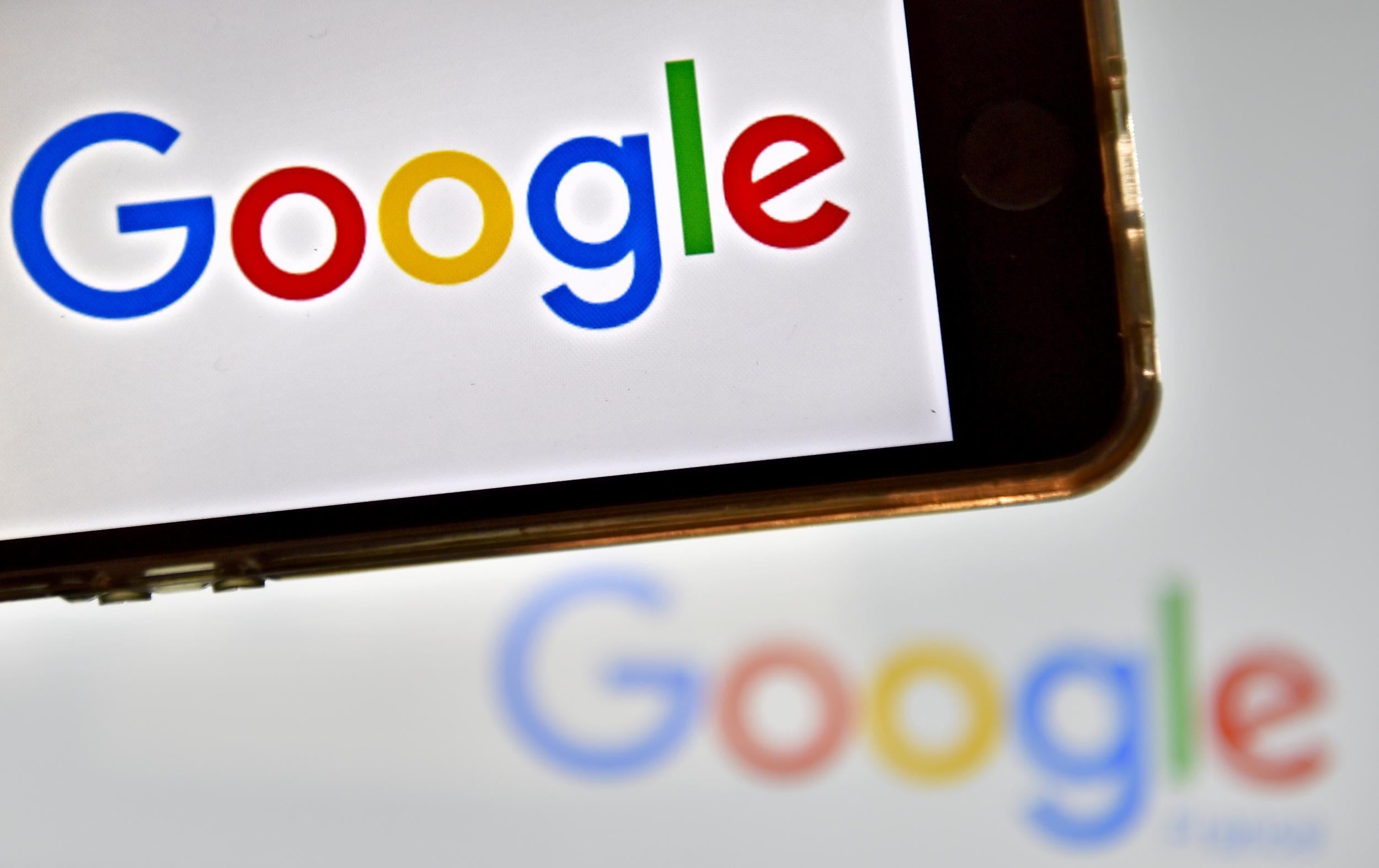After Brexit the UK will be powerless against Google’s market power
Google’s fine is an example of how by working together Europe can at least rise to the challenge the new oligopolies have thrown up

It is a reflection of the sheer size and wealth of Google that even a €2.4bn (£2.1bn) fine levied by the European Commission failed to move the share price of its parent, the curiously named Alphabet Inc, by much more than 1 per cent.
Perhaps the news of the record penalty was “priced in” over the long period it was grinding its way through the Brussels bureaucracy, but even so, it is not difficult to see where the balance of power lies in the modern world as between a teach giant and a supranational entity numbering 600 million citizens.
Even the promise of a string of future actions by individuals and other corporates against Google failed to do much damage to its iron-clad flanks. To borrow a name from a technological wonder of a century ago, Google is something of a Dreadnought as it sets its course across the oceans.
One of the most striking things about the tech giants and the controversies surrounding them is how, despite existing in such different times and in such different businesses, the complaints against them echo the arguments in the late 19th and early 20th centuries about the power of the giants of their day. Standard Oil, US Steel and JPMorgan were the Facebook, Google and Microsoft of their time. For Rockefeller and Getty, then, read Gates and Bezos today: then, as now, their famous founders accumulated fortunes unprecedented in human history, and came to symbolise obscene inequalities in Western societies.
Still, like the original Dreadnoughts, Google has its fragilities. One of the harsh facts about tech giants is that they can decline and sink as rapidly as they rise and conquer. Think of, say, MySpace, a once hugely valuable and popular social media platform, which Rupert Murdoch embarrassed himself by spending $580m to acquire in 2005.
A precursor of Facebook, MySpace was offloaded for about $35m by Murdoch in 2012, and has since slumped into obscurity, as has the once flourishing Friends Reunited network, which went from startup to global prominence to closure in 16 years. Or Yahoo, once the search engine of choice, now a historical curiosity, becalmed in Google’s wake. Or Apple, which has the rare distinction of making a surprise comeback thanks to the iPod, iPhone and iPad after Microsoft – another case in point – almost killed it off for good.
Twitter, ubiquitous as it is, has financial problems of its own that threaten its future, and it is hardly a decade old. Google too, though vast and apparently unsinkable, could find itself in trouble from more fleet-footed rivals. It might even find itself tamed by trust-busting authorities in the United States, far more powerful and dangerous to Google’s power than those residing in the European Union, or, in a different way, in places such as China and Turkey, who find virtual freedom as irksome as the real-life version.
For now, at any rate, people around the world know that Google’s search engine does not always work in their interests rather than in the interests of the search engine itself. They now know for certain what they may have suspected before, that Google favoured its own price comparison services above those from others, whatever their actual merits might have been. The EU competition authorities, under commissioner Margrethe Vestager, have indicated that they’d like to probe further into Google’s dominant market position and any possible abuses it has indulged in. It would be surprising if they did not.
It is, then, depressing to ponder how a post-Brexit UK might cope with the sort of overwhelming market power exerted by Google. If the US and European authorities have found the task of reining Google in daunting, then it is difficult to imagine the British Competition and Markets Authority being able to bully the biggest company in the world. It is a fine example of how, by working together, the collection of states occupying the relatively small landmass of Europe can at least rise to the challenge the new oligopolies have thrown up, and how a “sovereign” Britain would, in reality, have little autonomy practically. We wouldn’t, in other words, be able to take back control even of our internet searches. That’s what should come up when you Google “Brexit”.
Join our commenting forum
Join thought-provoking conversations, follow other Independent readers and see their replies
Comments
Bookmark popover
Removed from bookmarks